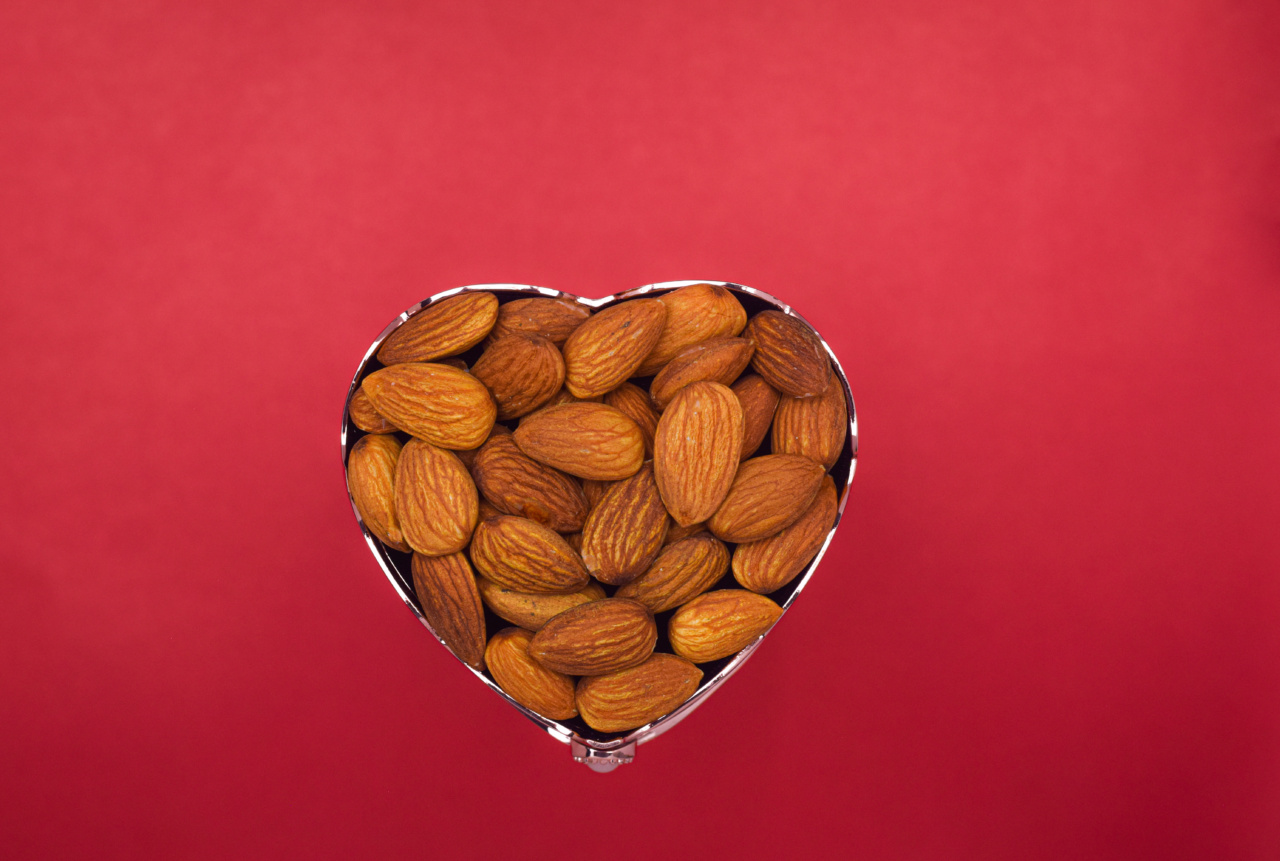Heart failure is a serious condition that affects millions of people all over the world. It occurs when the heart isn’t able to pump blood as efficiently as it should, which can lead to a range of health complications.
While there are many factors that can contribute to heart failure, nutrition and diet play a crucial role in preventing the onset of this condition. In this article, we’ll explore the power of food in preventing heart failure, and how simple dietary changes can make all the difference.
What is Heart Failure?
Heart failure occurs when the heart is unable to pump enough blood to meet the body’s needs.
This can happen for a variety of reasons, but the most common causes include high blood pressure, heart damage from a heart attack, or a genetic condition that leads to weakened heart muscles. Regardless of the cause, heart failure can be a life-threatening condition that requires medical intervention to manage.
The Role of Nutrition in Preventing Heart Failure
Proper nutrition is essential for maintaining heart health and preventing heart failure.
A diet that is rich in fruits, vegetables, whole grains, lean proteins, and healthy fats can help reduce the risk of heart disease, which is the leading cause of heart failure. The American Heart Association recommends a diet that is low in saturated and trans fats, cholesterol, and sodium, and high in fiber, vitamins, and minerals.
Top Foods for Preventing Heart Failure
When it comes to preventing heart failure, certain foods stand out for their heart-healthy properties. Here are some of the top foods to include in your diet:.
1. Fatty Fish
Fatty fish like salmon, mackerel, and sardines are rich in omega-3 fatty acids, which have been shown to reduce inflammation and lower the risk of heart disease.
Studies have also suggested that omega-3s can help improve heart function and reduce the risk of heart failure.
2. Berries
Berries like blueberries, raspberries, and strawberries are loaded with antioxidants, which help protect the heart from damage and reduce the risk of heart disease.
They’re also high in fiber, which helps lower cholesterol and prevent the buildup of plaque in the arteries.
3. Leafy Greens
Leafy greens like spinach, kale, and collard greens are rich in vitamins and minerals that promote heart health. They’re also packed with antioxidants, fiber, and phytochemicals that help reduce inflammation and lower the risk of heart disease.
4. Whole Grains
Whole grains like brown rice, quinoa, and oatmeal are high in fiber, which helps lower cholesterol and reduce the risk of heart disease.
They’re also a good source of vitamins and minerals that support heart health, including magnesium, potassium, and folate.
5. Nuts and Seeds
Nuts and seeds like almonds, walnuts, chia seeds, and flaxseeds are rich in healthy fats, fiber, and protein, all of which are important for heart health.
Studies have shown that eating nuts and seeds regularly can reduce the risk of heart disease and improve heart function.
6. Avocado
Avocado is a heart-healthy fruit that’s rich in healthy fats, fiber, and potassium. Studies have shown that eating avocado regularly can help lower cholesterol levels and reduce the risk of heart disease.
7. Legumes
Legumes like lentils, chickpeas, and kidney beans are high in protein, fiber, and complex carbohydrates, all of which are important for heart health.
Studies have shown that eating legumes regularly can help lower cholesterol levels and reduce the risk of heart disease.
8. Dark Chocolate
Dark chocolate is rich in flavonoids, which have been shown to reduce inflammation and improve heart function. Studies have also suggested that eating dark chocolate regularly can lower blood pressure and reduce the risk of heart disease.
9. Garlic
Garlic has been used for centuries for its medicinal properties, and studies have shown that it can help reduce cholesterol levels and blood pressure, both of which are risk factors for heart disease.
It’s also been shown to have anti-inflammatory properties, which can help reduce the risk of heart disease.
10. Green Tea
Green tea is loaded with antioxidants, which help protect the heart from damage and reduce the risk of heart disease. Studies have shown that drinking green tea regularly can help improve heart function and reduce the risk of heart failure.
The Bottom Line
Preventing heart failure starts with proper nutrition and a healthy diet. By incorporating these top foods into your diet, you can help lower your risk of heart disease and protect your heart from damage.
If you’re at risk for heart failure, talk to your doctor about how you can optimize your diet and nutrition to keep your heart healthy.






























